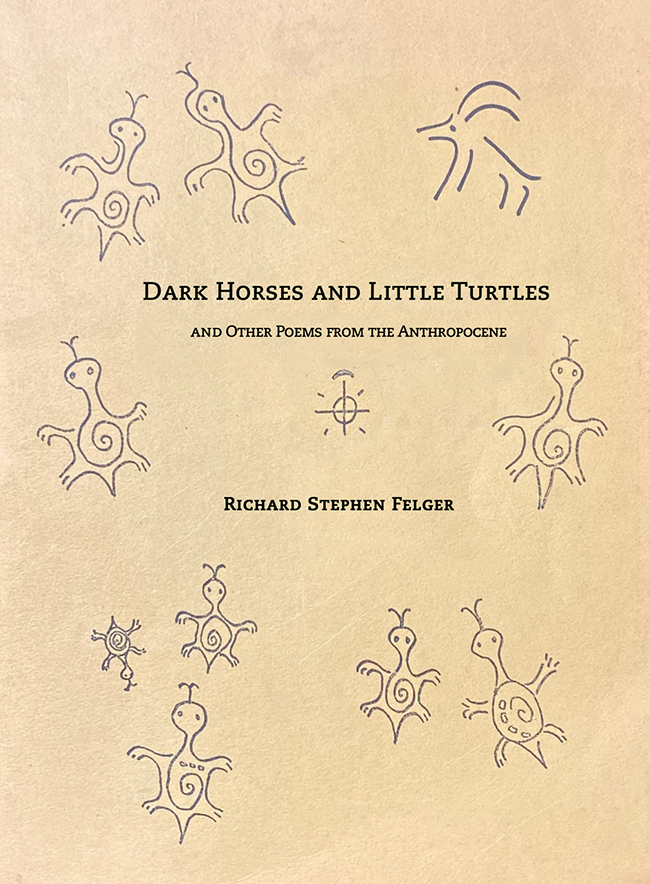Fostering Growth
 Newcomers to the Sonoran Desert bioregion, when transplanting themselves from the moister climes of California and Oregon, may expect to find a wind-swept sand dune wasteland devoid of significant vegetation. Not so. With Arizona holding the title of third most biodiverse state in the nation, the variety of plant life here doesn’t disappoint. Sorry, San Diego: close examination reveals there are literally thousands of species native just to the four mountain ranges surrounding the Old Pueblo alone. Los Angeles’ manicured lawns and prepackaged palms pale in comparison.
Newcomers to the Sonoran Desert bioregion, when transplanting themselves from the moister climes of California and Oregon, may expect to find a wind-swept sand dune wasteland devoid of significant vegetation. Not so. With Arizona holding the title of third most biodiverse state in the nation, the variety of plant life here doesn’t disappoint. Sorry, San Diego: close examination reveals there are literally thousands of species native just to the four mountain ranges surrounding the Old Pueblo alone. Los Angeles’ manicured lawns and prepackaged palms pale in comparison.
Desert Survivors Native Plant Nursery conducts the noble task of cultivating and propagating these indigenous cacti, succulents, aquatic plants, trees and grasses using organic gardening practices. Visiting their county-leased land along the banks of the Santa Cruz River at 1020 W. Starr Pass Blvd. gives one the distinct impression that their business is indeed a pleasure.
Founded by Tucson psychologist Dr. Joseph Patterson in 1981 as a human services organization serving developmentally disabled adults, Desert Survivors only later evolved into a bona fide retail outlet after digging and weeding proved spectacularly beneficial to its clients. Today customers come from as far away as Phoenix and Sierra Vista to acquire specimens. Its status as the only pure plant nursery in the area helps Desert Survivors stand out even in a city known for its one-of-a-kind independent operations.
Having been with Desert Survivors since 2005, Janine McCabe is the right person to talk to about what she refers to as “horticultural therapy.” She explains that crews of adults with disabilities are employed to do “all aspects of work here,” from watering and shoveling to stocking and inventory, with mentors supervising their efforts and encouraging them every step of the way.
Where do all these plants come from? “We grow the majority of them from seeds or vegetative cuttings,” explains McCabe as she meanders purposefully among the octopus agaves, mountain yuccas, giant blue sotols, pincushions and fish hook barrels. “We do go out of our way to more isolated localities,” she says, in search of groups of trees which are “hopefully more pure and less cross-hybridized.” The idea is to locate and breed “stuff that’s native or unique,” in order to promote mindful urban landscaping, while providing a sense of purpose and pride for persons with disabilities. If that isn’t a win-win scenario, then what is?
Become a member of the 501c3 nonprofit Desert Survivors for only $50 a year (tax deductible, of course), and you’ll receive a 10% discount on all plant purchases. You’ll be supporting not only the aforementioned adult vocational rehabilitation, but also the consultative services they offer to similar agencies as well as an early childhood intervention program which supports families in need of resources. Newsletter updates will keep you abreast of Desert Survivors’ positive impact in our community.
Desert Survivors Native Plant Nursery is open Tuesday through Saturday from 8 am to 5 pm. Reach them by telephone at (520) 791-9309 or for a comprehensive plant list, from abutilon abutiloides (shrubby desert mallow) to zephryanthes longifolia (copper rainlily), visit DesertSurvivors.org.




